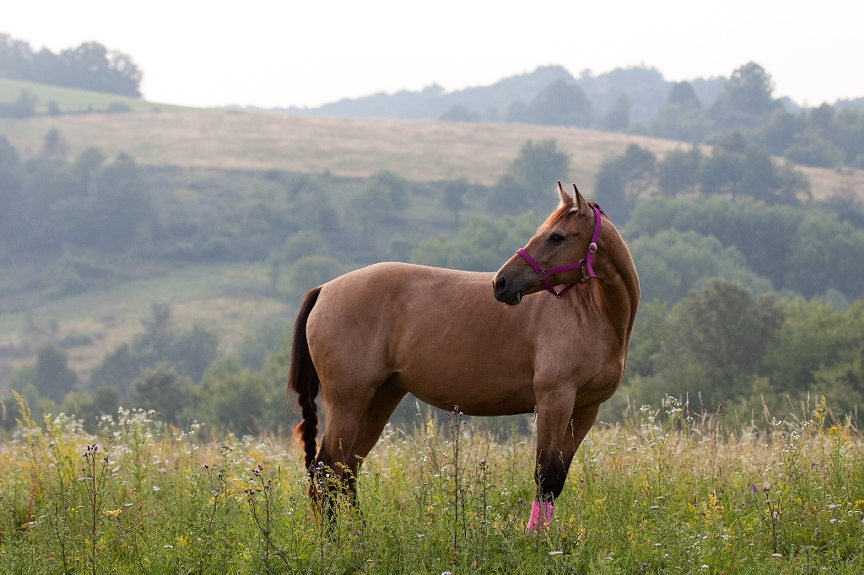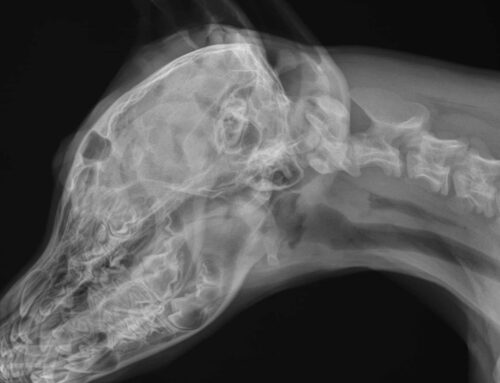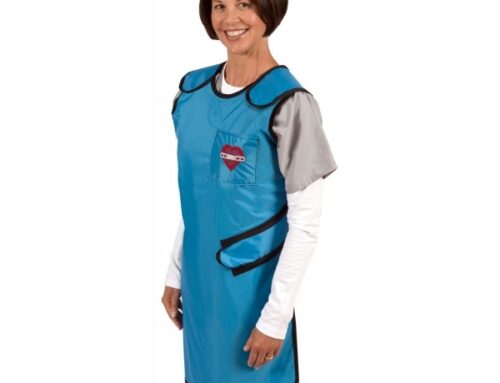It’s summertime. No more teachers, no more books. No reason not to catch up on some interesting horse facts during the sultry summer months.
Classification
They are a subspecies of the family Equidae
The correct Latin name for the horse is Equus ferus caballus
They are an ungulate mammal which means “hooved” animal
They evolved from a small multi-toed creature to the horse we know today over the last 50 million years
Horses were first domesticated around 4500 BC
Horses are prey animals that rely on speed to escape from predators
They are also herd animals who rely on safety in numbers and require social interaction with each other
There are over 300 different breeds of horses
Age
You can tell the age of a horse by examining his teeth
Domesticated horses have an average life expectancy of 25 to 30 years
Foal is the term that describes a male or female horse that is less than one year old
Yearling is the term that describes a male or female horse between one and two years old
A mare is a female horse that is four years or older
A filly is a female horse that is under four years old
A stallion is a male horse that is four years or older
A colt is a male horse that is under four years old
A gelding is a male horse that has been castrated
Size
Horses are measured in hands – one hand equals 4 inches
The measurement is taken from the ground to the top of the withers
“Pony” is the term generally used to describe an animal that measures 14.2h or under
“Horse” is the term used to describe an animal that measures over 14.2h
Miniature horses measure in at less than 30″
Colors
- Bay – body color ranges from light reddish-brown to dark brown and the legs, tail and mane are black
- Brown – body color ranges from light reddish-brown to dark brown
- Chestnut – body color ranges from light reddish-brown to dark brown with no black point.
Mane and tail are the same shade or lighter
- Grey – can range from white to dark grey but all have black skin
- Black – coat, mane and tail are all black
- Buckskin – cream coat with black legs, mane and tail
- Dun – cream coat with black legs, mane and tail plus black stripe along spine
- Cremello – very light cream coat and most often with blue eyes
- Leopard/Appaloosa – horse has spots, mottled skin around the eyes, lips and genitalia and also has a white sclera of the eye
- Palomino – golden, yellow or tan shade with flaxen or white mane and tail
- Pinto – multi-colored horse with large patches usually either brown and white or black and white
- Roan – has white hairs evenly intermixed with body color and solid-colored head
- White – very rare and has white coat with pink skin
Reproduction
Pregnancy lasts for approx 335-340 days
Foals are able to stand and run within a very short time after birth
Horses are considered mature at around four years old but their skeleton doesn’t finish developing until they are around six
Anatomy
Horses have 205 bones in their skeleton
Horses have a special locking mechanism in their legs which enable them to sleep standing up
Digestion
Horses are herbivores which means they only eat plants
They have a small stomach so require a steady flow of food throughout the day and night
They require approx 2 percent of their body weight in food per day
A 1,000 pound horse require approx 10-12 gallons of water per day
Senses
Horses have the largest eyes of any land mammal and have excellent day and night vision
Their range of vision is 350 degrees with two small blind spots, one directly in front and one directly behind them
Their ears can rotate up to 180 degrees to provide 360 degree hearing without having to move their head
The content is not medical advise, nor is it intended to be a substitute for veterinary treatment or care. First, consult with your veterinarian before use.






